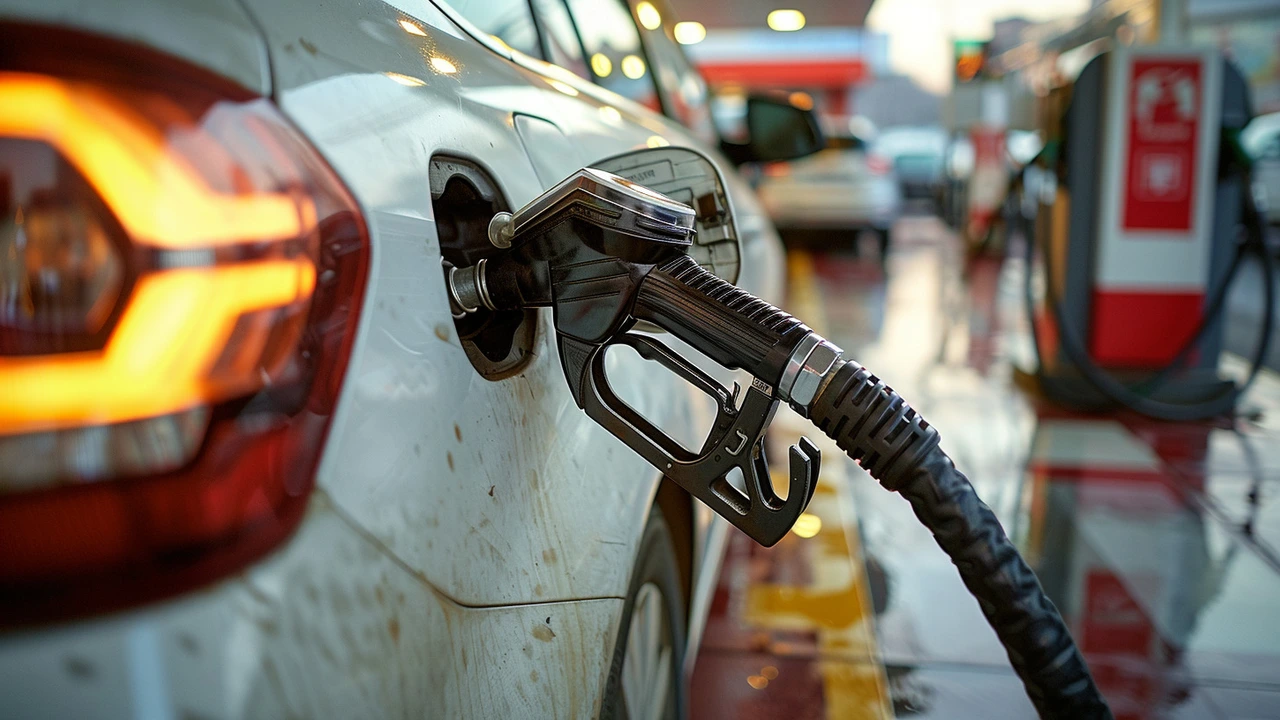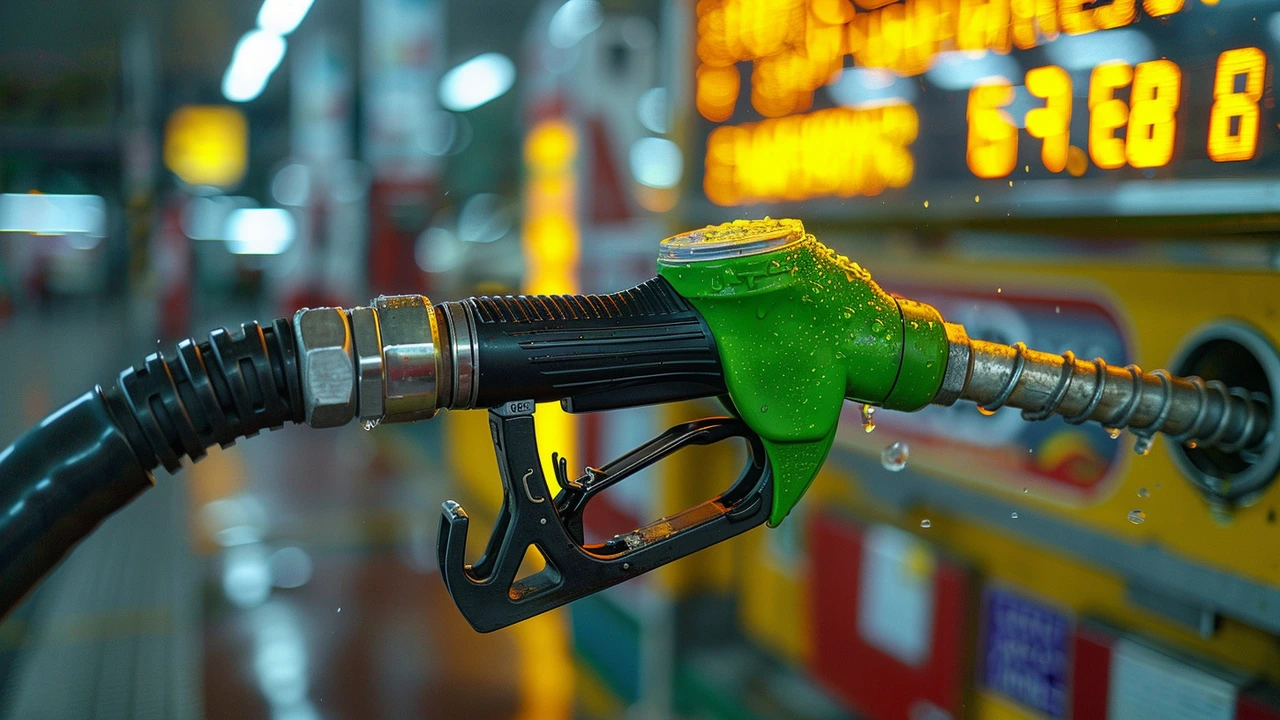Fuel Prices in South Africa: What You Need to Know
Fuel prices affect everyone. Whether you drive to work, run a business, or use public transport, changes in petrol and diesel costs impact your daily life and budget. Keeping up with these price shifts helps you plan better and avoid surprises at the pump.
South Africa's fuel costs can change monthly and depend on several things—oil prices worldwide, the rand's strength, and government taxes. For example, when the rand weakens, fuel prices usually go up because importing fuel becomes more expensive. On the other hand, if global oil prices drop, you might see relief at the pump.
How Fuel Price Changes Affect You
When fuel prices rise, transport costs go up too. That means everything from groceries to commuting might cost more. Businesses that rely on deliveries often pass these costs to customers, so the effects ripple through the economy. Conversely, when prices fall, you might notice savings, but these aren’t always consistent enough to fully balance your expenses.
It’s smart to check monthly fuel price announcements from South Africa’s Department of Energy. These updates give you a clear picture of what to expect soon. Apps and local news sites also report these changes fast, so you can decide when to fill your tank.
Tips to Manage Fuel Costs
To make the most of your fuel budget, try to time your fills after a price drop. Also, plan trips efficiently to avoid unnecessary driving. If possible, consider carpooling or using public transport on high-price days. Small changes like keeping your tires inflated and driving smoothly can save fuel too. Staying informed and adapting your habits helps lighten the pinch of fluctuating fuel prices.
Fuel prices might never be completely predictable, but knowing why they change and how you can respond gives you an edge. Staying in the loop with reliable sources like Local Morning Star News ensures you get accurate updates that matter.
Hungary's Fuel Prices Remain Competitive Amid Regional Fluctuations
Fuel prices in Hungary have stayed below the regional averages, thanks to significant governmental intervention. Decreases in petrol and diesel prices outpaced those in neighboring countries, with petrol falling by HUF 17 and diesel by HUF 7. The Ministry for National Economy attributes this to strategic price cuts aimed at easing household financial burdens and stimulating economic recovery.
Julian Parsons | May, 17 2024 Read More
EPRA Announces Reduction in Fuel Prices Across Kenya for May-June 2024
The Energy & Petroleum Regulatory Authority (EPRA) has announced a decrease in fuel prices for the period from May 15 to June 14, 2024. Prices for Super Petrol, Diesel, and Kerosene will see reductions, directly impacting the cost of living and transportation across major Kenyan cities such as Nairobi, Mombasa, and Eldoret.
Julian Parsons | May, 14 2024 Read More

